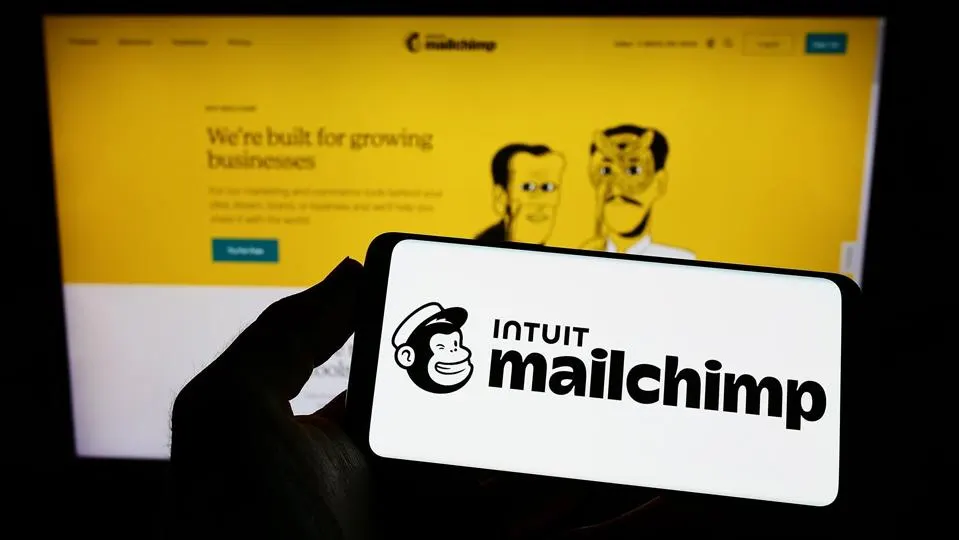How AI And Machine Learning Are Used To Transform The Insurance Industry
2 July 2021
Data has always been at the heart of the insurance industry. What has changed in our current reality to create massive disruption is the amount of data generated daily and the speed at which machines can process the info and uncover insights. We can no longer characterise the insurance industry as a sloth when it comes to innovation and technology. Artificial intelligence (AI) and machine learning are transforming the insurance industry in a number of ways.

Artificial Intelligence and Machine Learning Transforming the Insurance Industry
Although the concept and definition of artificial intelligence is still morphing as the technology matures, generally it is the idea of building machines that can think like humans. The term machine learning is used to describe the idea of teaching computers to learn in the same way humans do. It represents the leading edge of AI. Since insurance has always been data heavy, it is perfectly poised to be significantly impacted by AI. Here are just a few ways the insurance industry is being transformed.
Insurance advice and customer service
From the first interaction when determining what coverage is best to ongoing customer service, machines will continue to play an increasing role in customer service in the insurance industry. According to one survey, most customers don’t have an issue with interacting with a bot; 74% of consumers would be happy to get computer-generated insurance advice.
Consumers have come to expect personalised solutions, and AI makes that possible by reviewing a customer profile and providing recommendations for only insurance products that are relevant for that customer and that would be the best for them based on set criteria. Chatbots that work with messaging apps are started to be used in the industry to resolve claims and answer simple questions.
Transaction and claims processing
As a highly regulated industry, the insurance industry processes thousands of claims and responds to thousands of customer queries. AI is being used to improve this process and move claims through the system from initial report to communicating with the customer. In some cases, these claims do not require any human interaction at all. Those companies that have already begun to automate portions of their claims process are realising the time savings and increased quality of service.
Fight fraud
If the insurance industry could effectively mitigate fraud it would have a powerful impact on each company’s profit and loss statement. In the United States, fraudulent claims cost $40 billion annually while in the UK 350 cases of insurance fraud are uncovered every day. AI algorithms can identify likely fraudulent claims and highlight them for further investigation and action by humans if necessary. This allows an insurance company to take action much more swiftly than relying on humans alone.
Developing policies and prices while managing risk
The deluge of data an insurance company has at their disposal and the new ways they are soliciting it—Progressive’s in-car monitoring system that if installed gives the driver a discount on premiums while feeding the driving data to the algorithms or data from wearable devices that monitor activity levels and heart rate—can inform the type of policies individuals qualify for or recognise good behaviour with discounts. By having a more complete picture of customers from a variety of sources, insurance companies can better manage risk and create products and services that serve their clients best.
InsureTech Transforming the Insurance Industry
Start-ups and tech innovators realise the potential applications for AI and machine learning in the insurance industry and the result is a boom in InsureTech, one of the fastest growing segments in the FinTech space. There are many new services and products being developed by tech companies that will be operation changing for the day-to-day processes of insurance companies. Here are a few worth calling out:
Captricity: Since this start-up launched its services in 2011 and proved its algorithms could extract handwritten and typed forms into a digital form with a 99.9% accuracy, it has been driving revenue by reducing cycle times and improving data quality for its customers.
Zendrive: Would you install an app on your phone that monitors your driving behaviour? You might if you got a significant discount on your car insurance premium. The algorithms turn the sensor data it collects into safety reminders and therefore reducing accidents.
Cape Analytics: By building comprehensive property attributes through computer vision and geospatial imagery, Cape Analytics helps property insurers speed up the quote process and improve quote accuracy without having to have agents on property to do an on-site assessment.
The insurance industry landscape will continue to evolve as the innovations of artificial intelligence and machine learning get better and create more solutions to streamline operations, create better underwriting models and provide enhanced customer service.
Related Articles
How Generative AI Will Change The Job Of Real Estate Agents
Real estate agents and other professionals in their industry are in the business of selling good old-fashioned solid bricks and mortar.[...]
How BCG Is Revolutionizing Consulting With AI: A Case Study
In a world where AI is transforming every sector, companies are constantly seeking ways to gain a competitive edge.[...]
The Biggest Education Trends Of The Next 10 Years
Education is changing rapidly. In today’s fast-moving world, a model where we graduate in our youth prepared for a lifelong career is simply no longer valid.[...]
Is This AI’s IPhone Moment?
Today, the term “iPhone moment” is frequently used to refer to a technology breaking through into the mainstream.[...]
AI Politicians: The Future Of Democracy Or A Threat To Freedom?
2024 is a big year for democracy, with over two billion of us voting in elections across the US, India, the EU, the UK and many other countries and territories.[...]
How Mailchimp Hopes To Build The End-To-End AI Solution For SMEs
I often write about AI's potential to transform any business. Yet, a question I frequently get from small businesses is, "Does that really include us?"[...]
Sign up to Stay in Touch!
Bernard Marr is a world-renowned futurist, influencer and thought leader in the fields of business and technology, with a passion for using technology for the good of humanity.
He is a best-selling author of over 20 books, writes a regular column for Forbes and advises and coaches many of the world’s best-known organisations.
He has a combined following of 4 million people across his social media channels and newsletters and was ranked by LinkedIn as one of the top 5 business influencers in the world.
Bernard’s latest book is ‘Generative AI in Practice’.










Social Media